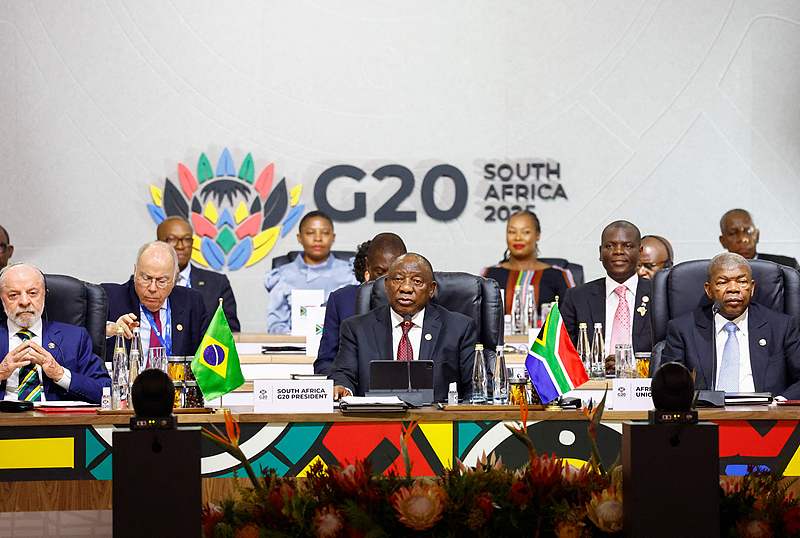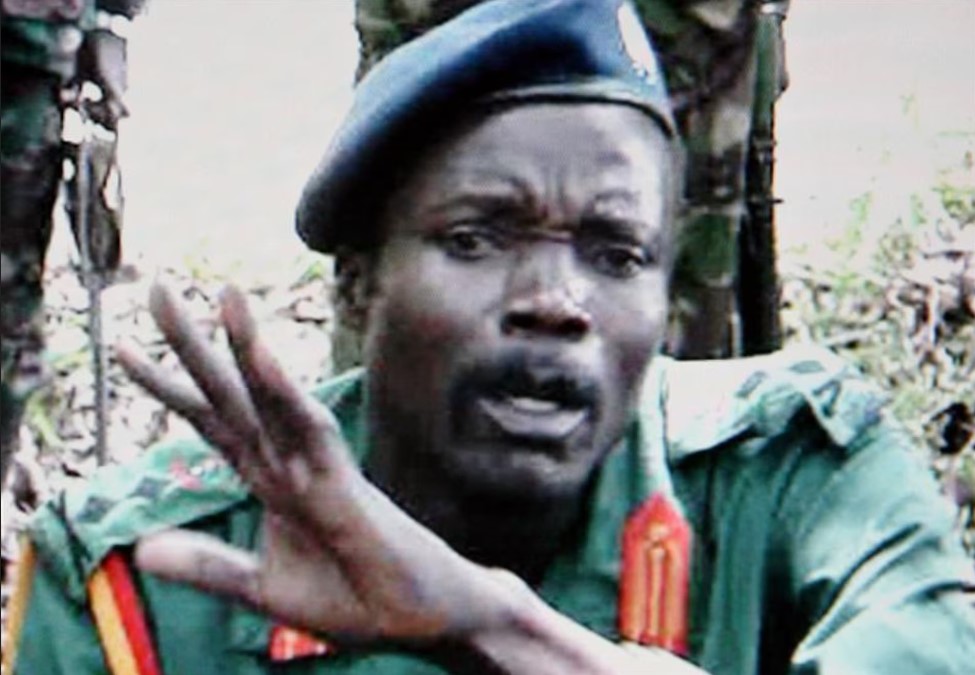
Ugandan warlord Joseph Kony to face ICC charges in absentia this September
The International Criminal Court (ICC) Appeals Chamber has ruled that the case against fugitive Ugandan warlord Joseph Kony will proceed, with a confirmation of charges hearing on September 9, 2025, despite his absence.
The five-judge Appeals Chamber unanimously rejected an appeal from Kony’s defense team, which argued that holding a hearing without the accused present violates ICC protocols.
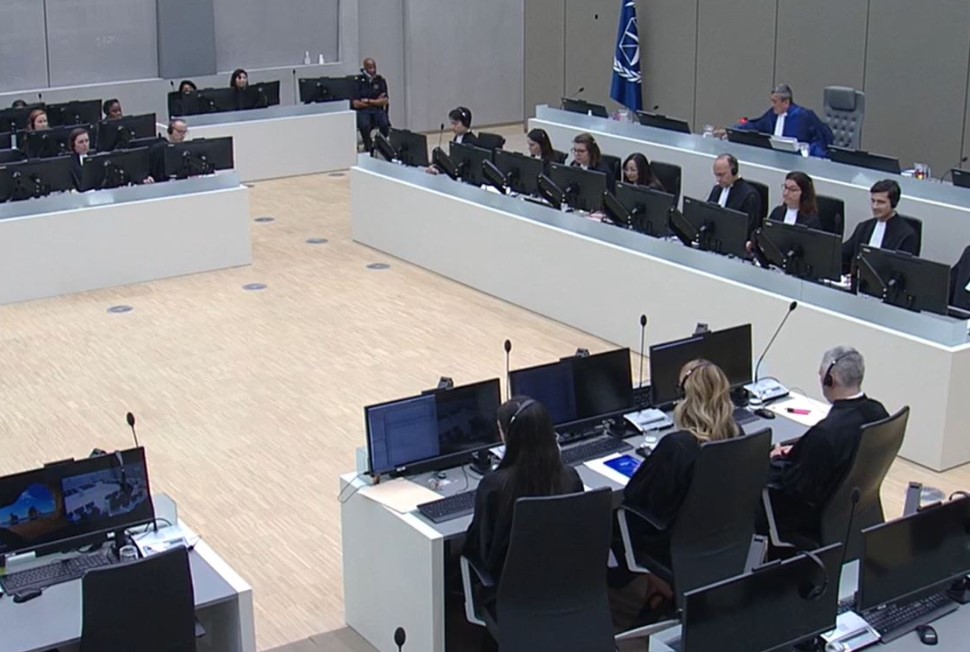
The chamber upheld Pre-Trial Chamber III’s decision, citing the ICC Rome Statute’s provision allowing such proceedings in absentia when a suspect “cannot be found.” This interpretation, the judges stated, aligns with the statute’s purpose and includes sufficient safeguards to protect the suspect’s fair trial rights, even without an initial appearance.
This marks a historic first for the ICC, as the confirmation of charges hearing will be conducted in absentia, with Kony still at large. Kony, a former altar boy and self-proclaimed prophet, founded the Lord’s Resistance Army (LRA) in the 1980s, leading a brutal rebellion against Ugandan President Yoweri Museveni.
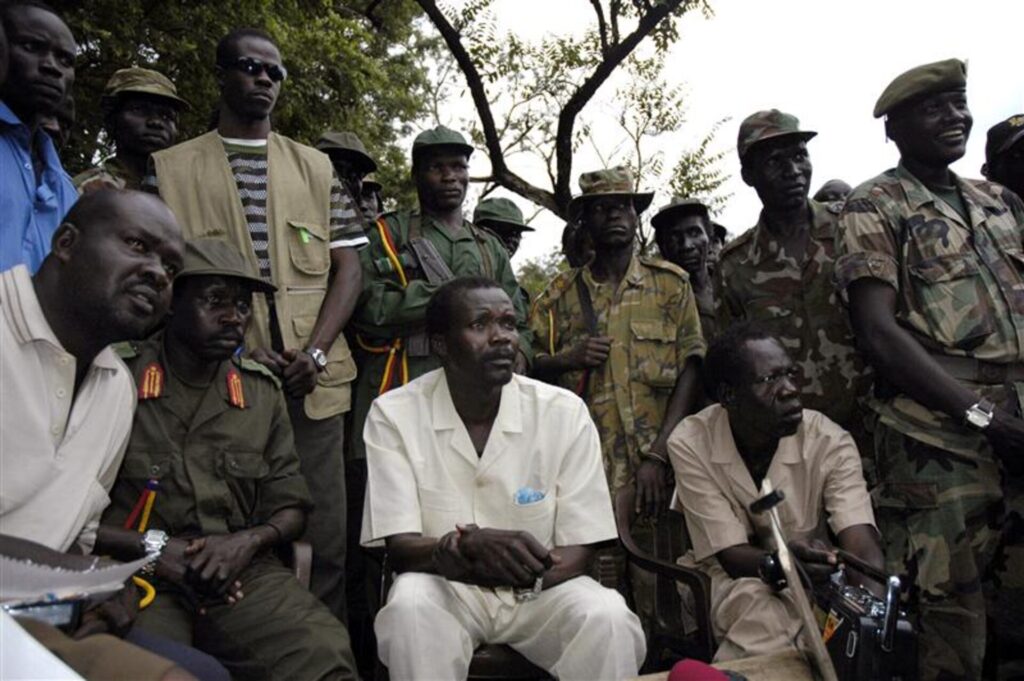
The LRA’s campaign, which spilled into South Sudan, the Democratic Republic of Congo, and the Central African Republic, resulted in over 100,000 deaths, the abduction of 60,000 children, and the displacement of millions.
Kony faces 39 counts of war crimes and crimes against humanity, including murder, torture, enslavement, pillaging, sexual slavery, rape, and forced pregnancy, allegedly committed between July 2002 and December 2005 in northern Uganda.
During the September hearing, ICC judges will evaluate whether there is sufficient evidence to confirm the charges and proceed to trial. While the confirmation hearing can occur in absentia, ICC rules prohibit a full trial without the accused present.
Prosecutors hope advancing the case will streamline future proceedings if Kony is apprehended and transferred to The Hague.
Kony’s background and LRA
Joseph Kony, born in 1961 in Odek, northern Uganda, claimed spiritual powers and aimed to overthrow Museveni’s government to establish a theocratic state based on the Ten Commandments. The LRA’s tactics included mutilation, forced recruitment of child soldiers, and widespread sexual violence, targeting civilians in remote communities.
By the early 2000s, the LRA’s activities had destabilized the region, prompting international intervention, including a 2011 U.S. deployment of special forces to assist in capturing Kony.
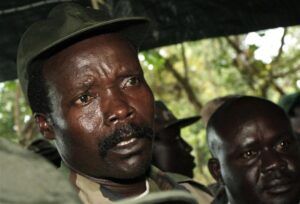
ICC’s pursuit of Kony
The ICC issued an arrest warrant for Kony in 2005, charging him with 12 counts of crimes against humanity and 21 counts of war crimes. Despite extensive manhunts, including efforts by the African Union and Ugandan forces, Kony remains elusive, reportedly hiding in the border regions of Sudan or the Central African Republic.
The Appeals Chamber’s decision sets a precedent for handling cases involving fugitives, balancing judicial progress with fair trial protections. Safeguards include the appointment of defense counsel to represent Kony’s interests during the hearing and public notification efforts to ensure he is aware of the proceedings.
The LRA’s legacy includes other high-profile ICC cases. In 2021, Dominic Ongwen, a former LRA commander abducted as a child, was sentenced to 25 years for 61 counts of war crimes and crimes against humanity. In February 2025, the ICC awarded 52.4 million Euros ($59 million) in reparations to over 49,000 victims of Ongwen’s crimes, including survivors of sexual violence and former child soldiers, marking one of the largest reparations programs in ICC history.
Current status of the LRA
While the LRA’s influence has waned, small factions continue to operate in isolated areas, perpetrating sporadic attacks. Kony’s whereabouts remain unknown, with reports suggesting he may be in poor health or relying on a small group of loyalists.
The decision to proceed with the hearing offers hope to victims in northern Uganda, who have long awaited justice. The case may also pressure regional governments and international partners to renew efforts to capture Kony.
ICC prosecutors view the September hearing as a critical step toward accountability, potentially expediting a trial if Kony is detained. The court’s ability to navigate this unprecedented in absentia proceeding will likely influence future cases involving fugitive suspects.
(With input from ICC & wires)



